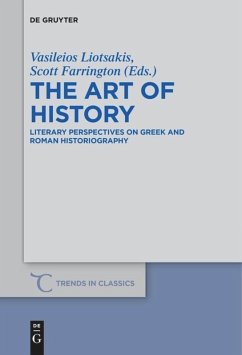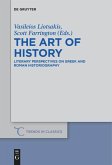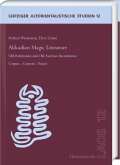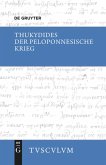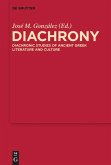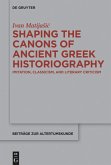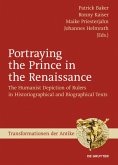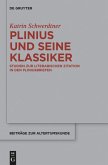A significant trend in the study of Greek and Roman historiographers is to accept that their works are to a degree both science and fiction. As scholarly interest broadens, in addition to evaluating ancient historians on the basis of the reliability of the information they record, and verifying the narratives against various elements of the material (inscriptions, excavations, numismatics), new studies are beginning to elaborate on the stylistic and narrative qualities of the texts themselves. The present volume offers a fine collection of essays that on the whole emphasize the literary dimensions of the ancient Greek and Roman historians. Offering narratological, linguistic, and theoretical approaches to historiography, the contributors of the book elaborate on the intersections between historiography and other literary genres, the literary manipulation of military events and the criteria of selectivity, the reception of ancient historical texts in other genres, time and space in historical narrative, and plenty of other relevant topics. The shared belief of the authors is that there is a close interrelation between the literary features and the scientific value of ancient Greek and Roman historiography.
"[...] allgemeine Qualität der Beiträge sowie die gelungene Komposition des Bandes insgesamt, dessen hohe Kohärenz hervorzuheben ist. In der Tat stellt die unter kulturhistorischen Vorzeichen gelungene Synthese von Historik und Literaturwissenschaft im Sinne einer Erforschung antiker Metahistorie einen 'Trend' der altertumswissenschaftlichen Forschung dar, dessen ungebrochene Aktualität durch den vorliegenden Band in erfreulicher Weise bezeugt wird."
Thomas Blank in: Gnomon 3/90 (2018): 224-227
"[...] a pleasure to read through [...]"
Christina S. Kraus in: Bryn Mawr Classical Review 2018.04.17
"In ogni caso, The Art of History offre allo studioso, e non solo al classicista, una ricca messe di spunti stimolanti per riflettere sullo status delle scienze umane, come la storia, e sul loro rapporto indissolubile con l'arte della parola. Il lettore, una volta giunto al termine dell'ultimo contributo, avrà acquisito nuovi strumenti attraverso i quali interrogare le fonti antiche, e avrà sperimentato una volta di più la veridicità delle parole del retore Gorgia: l'arte egli soleva dire secondo Plutarco, «è un inganno rispetto al quale chi si lascia ingannare è più saggio di chi non si è fatto ingannare» (La gloria degli Ateniesi 5 = Moralia 348C). Lo stesso vale anche per il testo storiografico antico."
Marco Ferrario in: Rivista Biblica 3 (2018), 515-518
Thomas Blank in: Gnomon 3/90 (2018): 224-227
"[...] a pleasure to read through [...]"
Christina S. Kraus in: Bryn Mawr Classical Review 2018.04.17
"In ogni caso, The Art of History offre allo studioso, e non solo al classicista, una ricca messe di spunti stimolanti per riflettere sullo status delle scienze umane, come la storia, e sul loro rapporto indissolubile con l'arte della parola. Il lettore, una volta giunto al termine dell'ultimo contributo, avrà acquisito nuovi strumenti attraverso i quali interrogare le fonti antiche, e avrà sperimentato una volta di più la veridicità delle parole del retore Gorgia: l'arte egli soleva dire secondo Plutarco, «è un inganno rispetto al quale chi si lascia ingannare è più saggio di chi non si è fatto ingannare» (La gloria degli Ateniesi 5 = Moralia 348C). Lo stesso vale anche per il testo storiografico antico."
Marco Ferrario in: Rivista Biblica 3 (2018), 515-518

